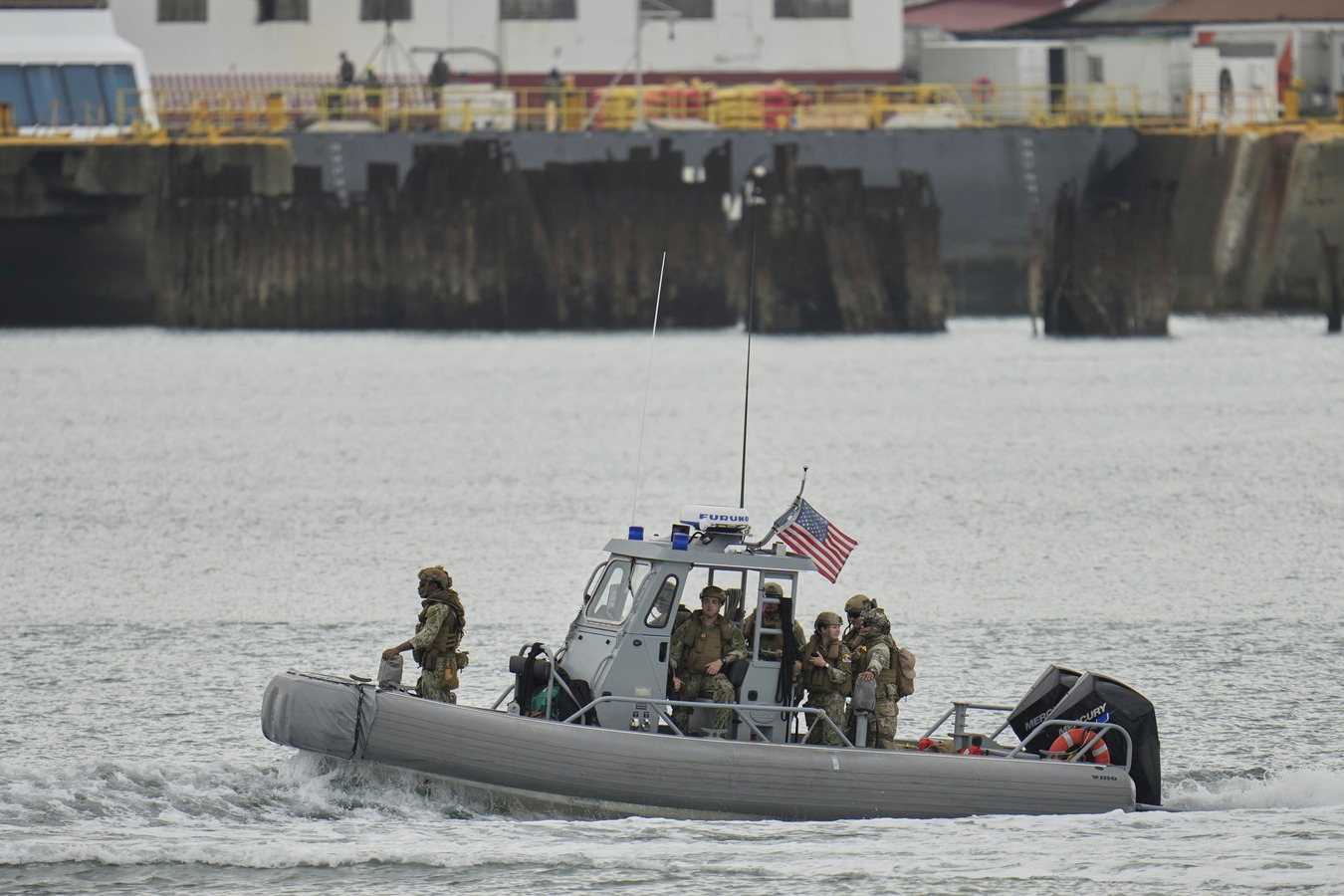Latin America: Land of Opportunity
Latin America: Land of Opportunity
"U.S. thinking is stuck in a completely different geopolitical reality than the one that we live in today," writes Jennifer Jeffs at the Canadian International Council speaking about AS/COA's Christopher Sabatini's Foreign Affairs piece on American foreign policy in Latin America: "Latin America Policy Is Stuck in the 1980s."
The U.S. State Department’s agenda for Latin America is better suited for an economic development agency than the State Department. For the time being, so, too, is Canada’s. It is time for this to change.
Chris Sabatini’s piece in the current edition of Foreign Affairs points out that the U.S. narrative on Latin America seems stuck in a 1980s time capsule. His assertion that Cold War thinking still dominates U.S. policymaker attitudes toward the region indicates that U.S. thinking is stuck in a completely different geopolitical reality than the one that we live in today. Social movements, electoral trends, and democratic development give little insight into the important relations between states in the region, and between the newly emerged states both within the region and outside it.
The rise of Brazil as a global power is promoting Colombia’s regional influence. The Chinese appetite for natural resources that are found in abundance in the hemisphere, and their gifts of bridges and soccer stadiums to several Latin American countries, are trends that U.S. students and policymakers should be watching and pondering, as should Canadians. Given the substantial investment that Canadian mining companies – and at least one major Canadian bank – have made in the region, on top of the Canadian government’s recent focus on the hemisphere via its “Americas Strategy,” the short-sightedness of U.S. policymakers that Sabatini laments is, in fact, an opportunity for Canada.








